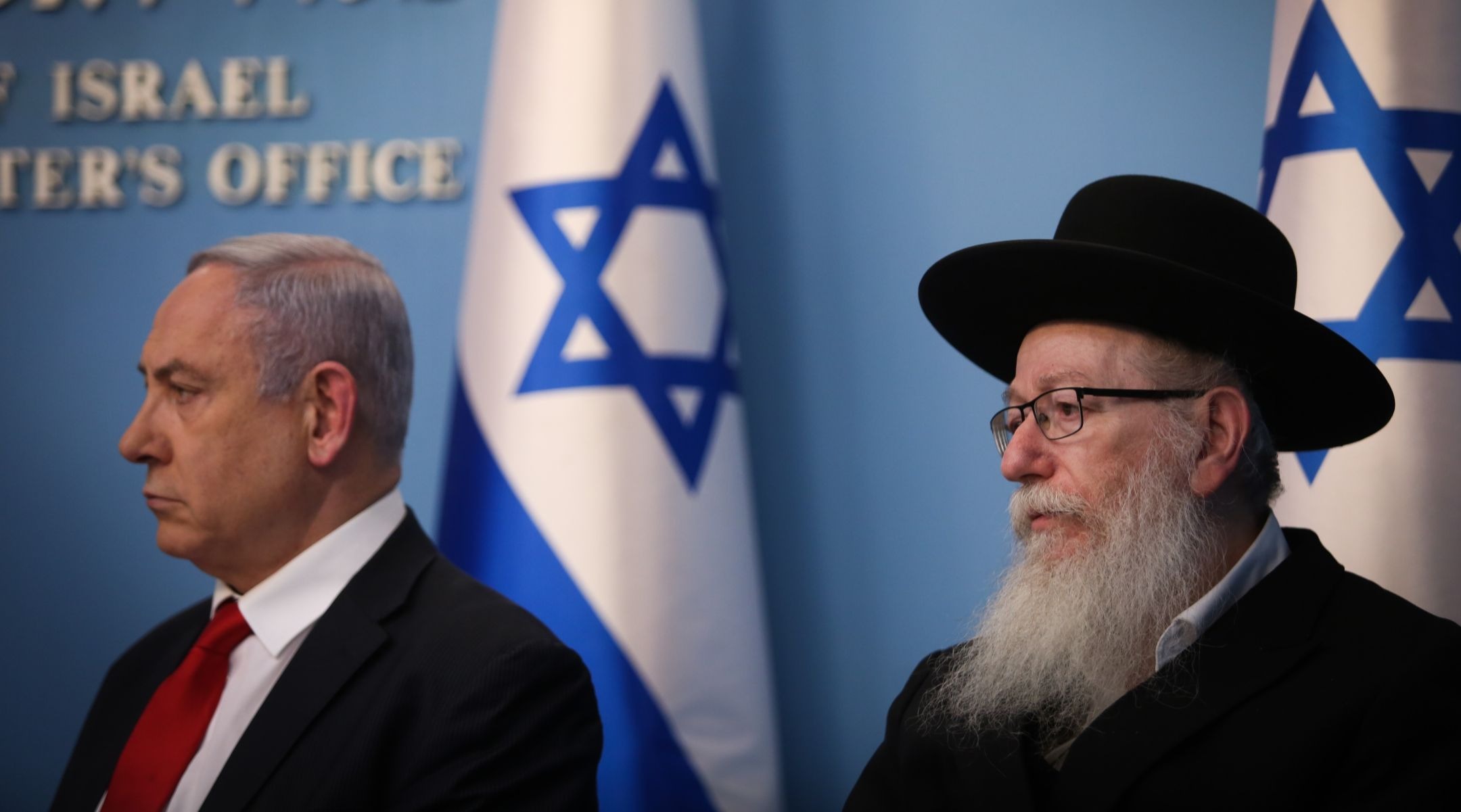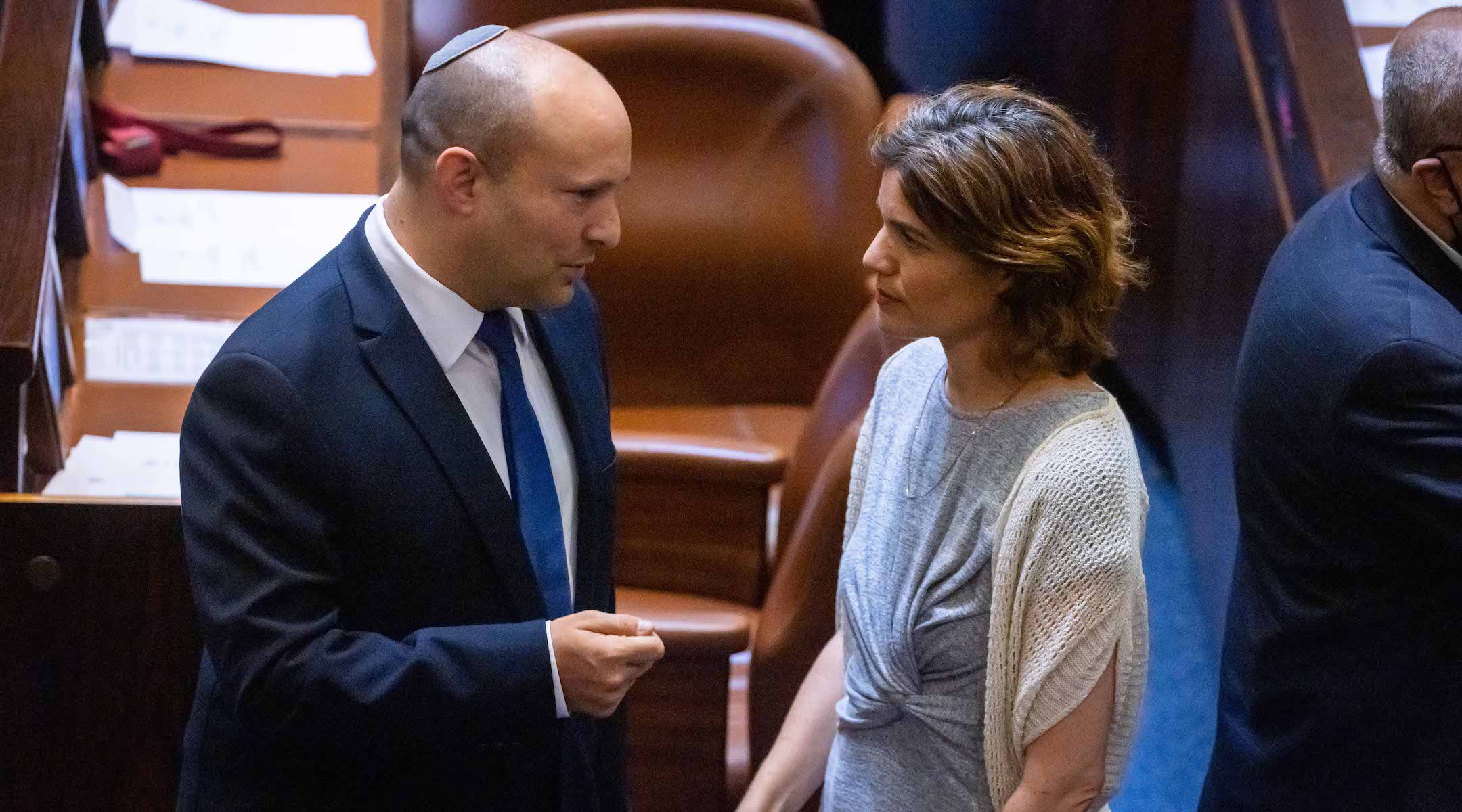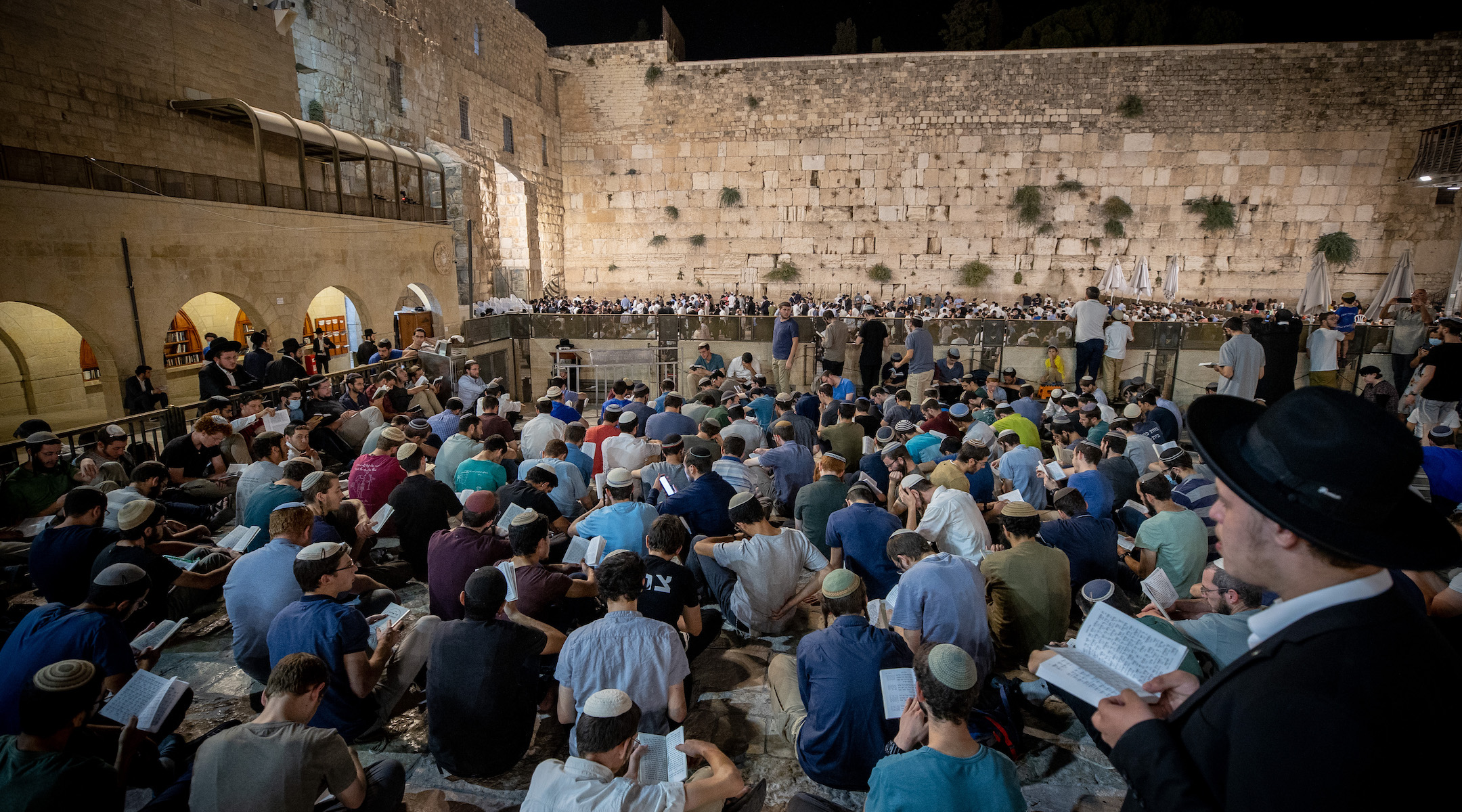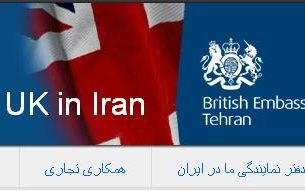(JTA) — When Israel’s current government managed to unseat longtime Prime Minister Benjamin Netanyahu last month, it did so by the narrowest of majorities and with the most ideologically diverse coalition in history.
Now that the government has turned to governing, it’s unclear what it can accomplish. The coalition, which includes right-wing, centrist and left-wing parties, as well as an Islamist party, is divided on the future of the West Bank, Arab-Jewish relations within Israel, domestic spending and even marijuana legalization.
But this government might be able to make some progress on one set of issues that has long bedeviled Israeli society: the state’s involvement in religious life. For decades haredi, or ultra-Orthodox, politicians have dominated the nation’s religious affairs. Advocates for pluralism are hoping now that the absence of haredim from this coalition will herald a liberalization of its public religious life.
“[It] is clear that there is much to be happy about and hope for change in the future,” read a newsletter sent by the religious pluralism advocacy group Hiddush days after the coalition was sworn in.
But the newsletter also cautioned that the coalition’s fractious makeup made any progress uncertain, and that “there are many question marks regarding the actual future path of the new government in this arena.”
Here’s why the Israeli government might be poised to break the status quo on religion — and which issues could be addressed first.
Haredi institutions dominate public Israeli religious life.
When Israel calls itself a Jewish state, it isn’t referring only to the way most of its citizens identify or its public holidays. Government involvement in Judaism extends to nearly every sphere of public life — from who Jews can marry to where they eat to what they learn in school.
A big reason for that is the control that haredi authorities wield over public religious life. Believing Orthodoxy to be a dying phenomenon, the founders of Israel set a policy in the state’s early days that gave a body called the Chief Rabbinate a monopoly over a variety of religious ceremonies in Israel. Other legislation backed by haredi political parties, whose power has not died but grown, have made Orthodox preferences the law of the land, including in these areas:
- Marriage: Within Israel, the government recognizes only Orthodox marriages certified by the Chief Rabbinate. Same-sex marriages are not legal, and those that are performed are not recognized. Israelis who want a non-Orthodox marriage must be married outside the country, then have their marriages recognized after the fact by the government.
- Conversion: Under law, Israel offers citizenship to anyone with one Jewish grandparent. But within the country, the Chief Rabbinate effectively controls conversion and recognizes only certain Orthodox conversions. So if an individual or their mother converted with Conservative or Reform Judaism, they cannot marry legally in Israel because the Chief Rabbinate does not view them as Jewish.
- Buses and commerce on Shabbat: Public transit does not run in the vast majority of Israeli cities on Shabbat. Haredi parties have also pushed legislation recently to force stores to close on the day of rest.
- Kosher certification: The Chief Rabbinate has a monopoly on certifying restaurants and other establishments as kosher. A more liberal standard is prohibited by law from using the word “kosher” on its certificates.
- Army service: Haredi men are largely exempt from Israel’s mandatory military draft and instead study in yeshivas, many of which receive government funding.
The majority of Israelis want all these things to change — supporting civil marriage, transit on Shabbat, military service for haredi men and more. But over the past several years haredi parties, allied with the prime minister, managed to block any of those moves. That just changed.

Prime Minister Benjamin Netanyahu, left, and Health Minister Yaakov Litzman discuss the coronavirus in Israel at a news conference in Jerusalem, March 8, 2020. (Yonatan Sindel/Flash90)
Haredi parties tied themselves to Netanyahu — and lost power.
The current coalition is defined as much by who it includes as by who it leaves out.
Haredi parties were able to maintain their power for decades because they were part of nearly every governing coalition in Israel, to the right and left. They gave the prime minister political support in exchange for control of religious institutions and policies.
Over the past several years, the haredi parties allied closely with Netanyahu, who delivered on their wish list while he served for more than a decade in office, largely with haredi politicians as partners. Netanyahu increased funding to haredi institutions, maintained haredi control of religious affairs and refrained from enforcing COVID restrictions in haredi cities.
But when Netanyahu lost power, so did his haredi allies. So for the first time in six years, haredi parties are in the opposition, while advocates of religious liberalization hold positions of influence in the government.
This coalition may be a golden opportunity for secularists.
Religious pluralism activists view this coalition as a potential game-changer for the causes they have long pursued.
The head of the coalition’s largest party, Foreign Minister Yair Lapid, built his political career on secularism and fighting for causes such as civil marriage and including haredim in the draft. Other leaders are also committed to reforming religious laws and reducing subsidies to haredi institutions. The first Reform rabbi elected to Knesset, Gilad Kariv, heads an influential parliamentary committee.
Even Prime Minister Naftali Bennett, the country’s first Orthodox leader, is open to reducing the Chief Rabbinate’s power, and sees himself as a bridge between religious and secular Israelis. Commitments to a range of religious reforms were included in the agreement signed between Bennett’s and Lapid’s parties, which respectively lead the coalition’s right-wing and center-left blocs.
Anat Hoffman, the executive director of the Israel Religious Action Center, a Reform Jewish group, wrote in June that the coalition’s makeup is a “huge opportunity.”
“[Haredi parties’] constant presence in the government has been a major obstacle towards advancing pluralism and recognition of the Reform and Conservative movements in Israel,” she said. “With government ministers who believe in and work to advance pluralism, we have an opportunity to advance our issues in cooperation with the government.”
Religious liberalization is already starting to happen.
Under the terms of the Bennett-Lapid agreement, the coalition will pass legislation reducing the Chief Rabbinate’s control over kosher certification and Jewish conversion. The agreement also says the coalition will implement a plan to gradually increase haredi quotas in the military draft and perhaps require others to perform nonmilitary national service. It also stipulates reforms in the selection of the country’s chief rabbis and the judges on its religious courts.
Other coalition agreements, which aren’t binding but indicate the parties’ principles, call for launching public transit on Shabbat, ensuring stores can remain open on Shabbat, advancing toward civil marriage and increasing LGBTQ rights. It’s also likely that the government will recommit to a 2016 plan to expand a space at the Western Wall for egalitarian prayer.
Some of these initiatives already are underway. Israel’s religious services minister recently unveiled a plan to license a range of independent kosher certifiers; the Finance Ministry is cutting subsidies that favored some haredi families; and plans regarding conversion, the draft and the Western Wall have already been laid out.

Naftali Bennett, left, and Tamar Zandberg in the Israeli parliament, June 2, 2021.(Olivier Fitoussi/Flash90)
Israel’s narrow and fractious government will still have a hard time passing laws …
But even if all of the coalition’s reforms are enacted, their effect will be moderate at most. Many of the proposals are more about changing the way religious services are regulated and provided, and less about ending the Orthodox monopoly over Israeli religious life.
Barring a drastic development, Israel still won’t enact civil marriage — let alone same-sex marriage. Buses won’t run nationally on Shabbat and the Chief Rabbinate will still exist. An American-style separation of religion and state is not in the cards.
That’s partly because it’s hard to change a 73-year-old status quo and because of the fragile makeup of the coalition. It essentially holds a one-seat majority in parliament, so if any one of its lawmakers isn’t behind a bill, the measure will fail. That was illustrated to almost comic effect earlier this month when a lawmaker doomed a bill to reform the religious courts — pressing the wrong button and accidentally voting no instead of yes.
And none of these reforms will come to pass if the government does not pass a budget in the next few months. Failure to do so would trigger automatic elections.
… And its leaders are still sympathetic to religious concerns.
In addition, there’s no guarantee that all the parties will agree to these reforms. For all his talk about unity and religious pluralism, Bennett is still Orthodox and has Orthodox allies. He has shown no desire to sap Israel’s Orthodox religious establishment of all its power. In addition, Raam, the coalition’s Islamist party, is a staunch opponent of LGBTQ rights and civil marriage.
The last time that Israel’s coalition attempted a meaningful reform of religious policy, in 2013 and 2014, it was unsuccessful. Then as now, the changes were spearheaded by Lapid and Bennett, who were first-time ministers elected as fresh faces on Israel’s political scene.
That government embarked on a program to draft the vast majority of haredi men, reform conversion, mandate the teaching of math and English in haredi schools, and cut subsidies to haredi institutions. But when haredi parties entered the next government in 2015, they promptly rolled back all the changes.
“In the last Knesset, people tried to blur Judaism and to strengthen democracy at Judaism’s expense,” Yair Eiserman, a spokesman for a haredi politician, told JTA in 2015. “We have an opportunity in the present government to strengthen Israel’s definition as a Jewish state.”

Jewish men pray at the Western Wall on the eve of Tisha B’Av in the Old City of Jerusalem, July 17, 2021. (Yonatan Sindel/Flash90)
The government may prioritize “low-hanging fruit” like arrangements at the Western Wall.
Despite all the challenges, activists say the government still has an incentive to pursue religious reform, if only to show that it’s accomplishing something despite its deep divisions. Religious issues “could be the common thread between the parts of the government,” wrote Tani Frank of Neemanei Tora V’Avoda, an Orthodox group that supports pluralism, in the Israeli publication Calcalist. “These are issues everyone can agree on.”
Asked in a survey last year to rank the most important religion-and-state issues, Israeli Jews prioritized things that would change their everyday lives, like having public transit on Shabbat, allowing stores to be open on Shabbat or recognizing civil marriage.
Issues that tend to excite American Jewish organizations — like the non-Orthodox space at the Western Wall, or funding for the Reform and Conservative Jewish movements — ranked at the very bottom of the list. There are relatively few active Reform and Conservative Jews in Israel, and prayer arrangements at the Western Wall aren’t that relevant to most Israelis, who live outside of Jerusalem and rarely visit the site.
Paradoxically, however, the fact that few Israelis care about the Western Wall plan may increase its chances of success. Yizhar Hess, a former leader of the Israeli Conservative movement, told Haaretz that the plan was “low-hanging fruit.” And calls for the government to take on the Western Wall issue gained momentum earlier this month after Orthodox protesters disrupted and heckled Conservative worshippers in the non-Orthodox space on Tisha B’Av, the Jewish day of mourning.
In a coalition with deep ideological divides, a relatively unobjectionable program like the Western Wall plan may be one of the first to win approval. But at the same time, Religious Affairs Minister Matan Kahana cautioned activists not to hold their breath. Before taking on the Wall issue, he said, the government has to focus on passing a budget by November. Otherwise it won’t be able to do anything at all.




